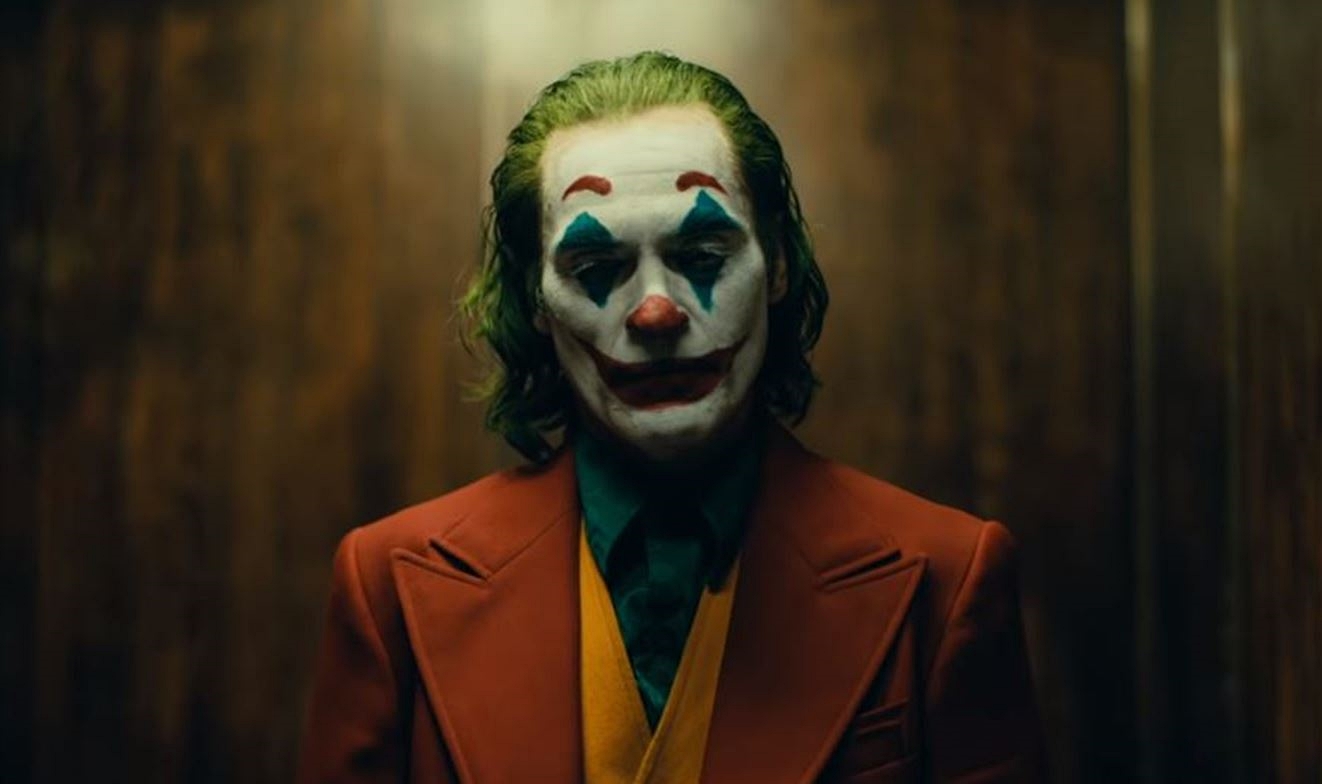“Joker” Showcases Powerful Acting, But Fails On Plot

Despite the controversy surrounding its depiction of violence and loneliness, “Joker” broke box office records this weekend, bringing in $96 million in North America and making the film the highest-grossing October opening of all time.
Prior to its official release, the movie was both lauded and criticized, winning the top prize at the Venice Film Festival while its most vocal critics pointed out the film’s potential to incite violence.
“Joker,” directed by the “Hangover” trilogy’s Todd Phillips (an unexpected pairing given the movie’s dark and gritty plot) is an origin story which follows Arthur Fleck (the incredible Joaquin Phoenix) in his transformation from an aspiring stand-up comedian, who is neglected and mentally ill, into a murderous clown.
The film’s storyline has been compared to an incel (involuntary celebate) manual; incels, a group which has been on the rise through websites like 4chan, are men who believe they are denied sex and attention (from women in particular) because of social sentiments and political movements, like #MeToo. There were also concerns over how Arthur, who is arguably portrayed in a sympathetic light at times, fits the profile of many mass shooters.
Family members and friends of those killed in the 2012 mass shooting in Aurora, Colorado, at a screening of “The Dark Knight” wrote to Warner Bros. on Sept. 24 to express their concerns over the movie’s release.
The studio replied in a statement claiming that “neither the fictional character Joker, nor the film, is an endorsement of real-world violence of any kind … It is not the intention of the film, the filmmakers or the studio to hold this character up as a hero.”
Aside from the controversy regarding the movie’s potential to negatively influence susceptible audiences, “Joker” sparks debate about the quality of its plot and its portrayal of the iconic character. But above all else, it is important to note Phoenix’s brilliance as an actor.
Phoenix, much like in all of his previous films, delivers a phenomenal performance, powerfully evoking and transmitting every emotion possible in the human spectrum. A true chameleon, Phoenix morphs into a haunting figure that inspires both pity and fear.
He had big shoes to fill following fan favorite Heath Ledger’s exceptional interpretation of the Joker in Christopher Nolan’s “The Dark Night” (let’s not talk about Jared Leto’s atrocious rendition in “Suicide Squad”). Fortunately, Phoenix does not disappoint.
“Joker” as a whole, however, flounders terribly. Until this film, perhaps the most alluring thing about the Joker’s character was his mysteriousness. Nobody knew where he came from, and nobody knew what to expect from him; he was an enigma. Phillips attempts to maintain this ambiguity and opacity while telling his origin story — but ultimately fails.
There are glimpses of ambitious storytelling throughout the film; however, these brief moments are regrettably overshadowed by the persistently confusing plot. As the story develops, we are left with more questions than answers.
In trying to give the emblematic character the origin story he deserves, “Joker” gets lost in the complexities of Arthur’s personal adversities and the disastrous state of Gotham City.
Though the film tries to be ingenious in its shifts of focus from Arthur’s harrowing reality to his fanciful dreams and the greater tribulations in Gotham, the film results in a chaotic overlap of all these storylines that leaves us wondering what was real and what was illusory about Arthur’s conversion into the Clown Prince of Crime.
That being said, this confusion, too, could be a deliberate attempt by Phillips to save some of the mystery that characterizes the Joker. Warner Bros. could now easily play off of this uncertainty to keep fans interested and create a franchise with the iconic villain at the helm.
They could claim to have satisfied the devoted fans who so eagerly wanted a solo Joker film, while still keeping us all in the dark about the reality of the nihilistic clown. It could all be a delusion.
Still, this larger plan seems highly unlikely — conspiracy theory-level unlikely. This film intertwines Arthur’s transformation into the Joker with the character development of his antithesis, Bruce Wayne. It is doubtful that “Joker” intentionally confused us, especially when the film’s plotline directly affects the lucrative Batman franchise. What is more likely is that Phillips and the studio spread themselves too thin on a story that covered many issues but resolved none of them.
Even with all of the film’s controversy aside, by the end of “Joker,” we are left questioning the point of a movie which focuses relentlessly on a character’s painful social isolation and resulting demonic violence, a movie which culminates in total anarchy where the equally rejected unite and rally behind the murderous protagonist.
It is unclear what the film’s final message is. It almost feels like Phillips was preoccupied with the aesthetics (which are admittedly effective in creating the dark mood of the entire film) rather than focusing on how exactly to tell this origin story that’s never been told before.
“Joker” attempts to be provocative, edgy, raw and real — but not even Phoenix’s incredible acting can save the film from utterly confusing its audience.